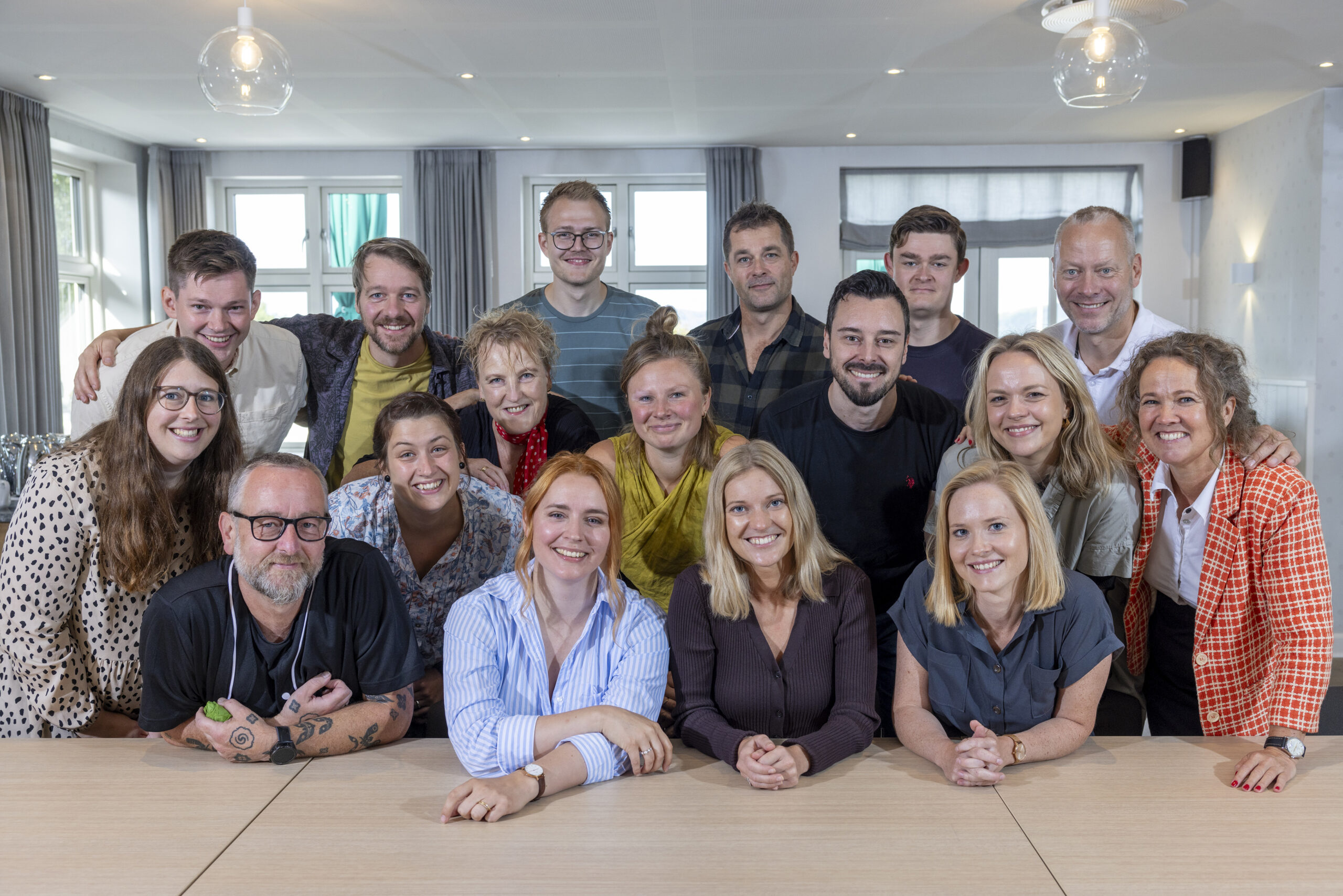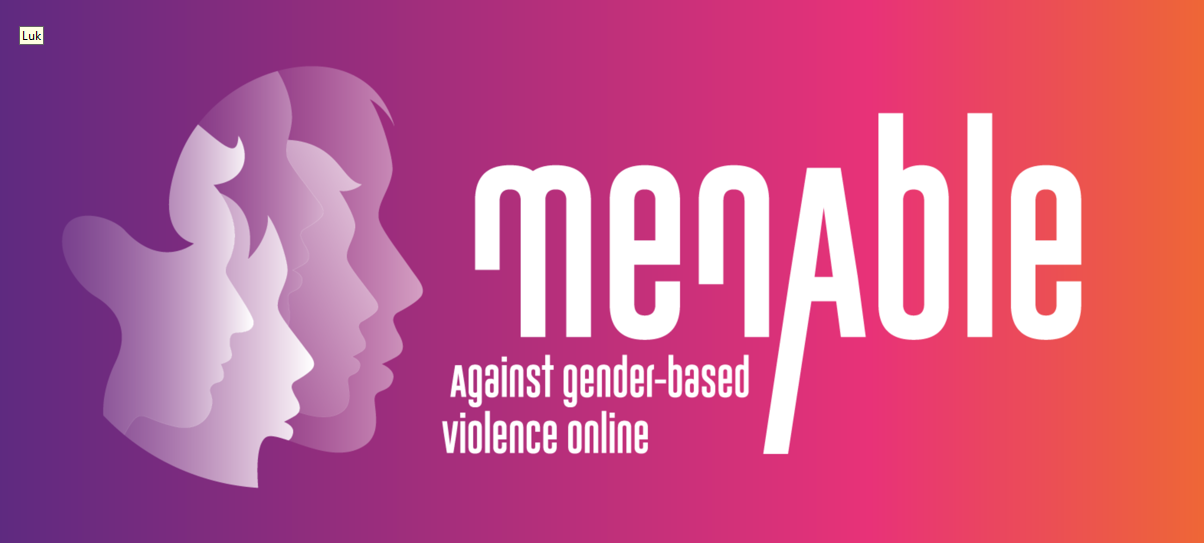Impressive – But So What?
Facebook has recently hit the landmark, 500,000,000 users. There is currently 2 billion internet users worldwide. Every forth is on Facebook. Crazy!
Alongside this landmark, cinemas start showing trailers for the movie `The Social Network’. The movie describes how young Mark Zuckerberg establish what today can be called the greatest internet success – Facebook.com. According to Mark Zuckerberg the movie is pure fabrication – a minor detail according to Hollywood.
In any case, it must be the height of a dot-com company to create so much hype about itself that filmmakers will want to tell the story – unconcerned that it is fictional, of course.
On the web Facebook news is booming. Scientists are queuing up to explain the phenomena. Bloggers have long rants on privacy; settings and control, the news media hires facebook journalists. And now a real blockbuster. It is really exciting and topical, especially for adults.
However, thirteen year-olds do not really find Facebook as brand or commodity interesting. The interest is not for the tool but instead what the tool can be used for in relation to friends and identity.
The Cyberskole often uses facts on Facebook in the debate on web ethics, such as `Facebook users upload more than 1 billion pictures every month’. And often the Cyberskole coordinator, Joans Ravn, feels as if the young people think `impressive, and so what?` This is probably a clear picture of the huge difference between digital natives and digital newcomers. The young people let us analyse and debate. Fair enough. But I want to draw attention to this bit of research anyway.
`Some adults’ have recently analysed that young people have become far more aware about privacy settings and control over the last year. The analysis shows that during the last year we have seen a marked increase in the number of young people adjusting their privacy settings. From 90 out of 100 to the current 98 out of 100!
This migth mean that some of the Cyberskole’s debate on awareness can be changed from a technical focus on safety to a more existential focus on the way we interact on the web. And especially on the way we interact via social networks.
]]>


Hvis du vil sætte et par ord på din feedback, vil det hjælpe os rigtig meget til at forbedre vores indhold.